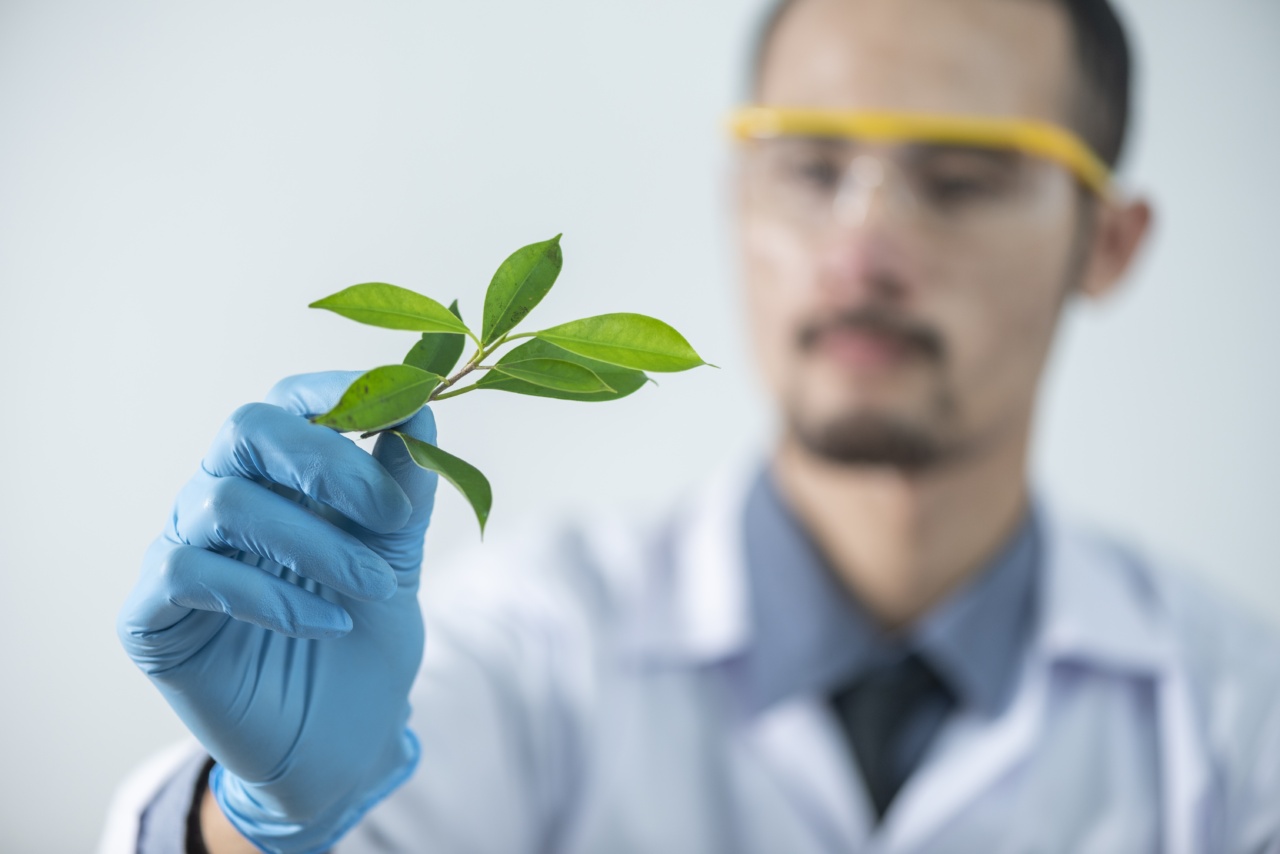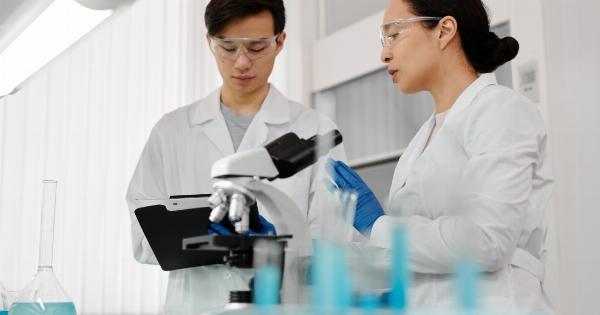Great news in the field of biomedical research! A team of British scientists has made a groundbreaking achievement in the laboratory by successfully creating a functioning thymus.
This remarkable feat marks a significant milestone in the field of regenerative medicine and has the potential to revolutionize treatment options for patients with various immunodeficiency disorders.
What is the Thymus?
The thymus is a small gland located just above the heart in the chest cavity. It plays a crucial role in the development of the immune system, particularly in the maturation of T cells, which are essential for the regulation of immune responses.
The thymus is most active during childhood and gradually decreases in size and function as we age. In some individuals, the thymus fails to develop properly or becomes dysfunctional, leading to immunodeficiencies and increased susceptibility to infections.
Challenges in Thymus Regeneration
Regenerating the thymus has been a long-standing challenge in the field of medicine due to its complex structure and intricate developmental processes.
Previous attempts to create a functioning thymus have proved unsuccessful, primarily because of the difficulty in replicating the intimate cellular interactions that occur during its natural development. However, the recent breakthrough of the British scientists brings new hope to patients suffering from thymic disorders.
The Groundbreaking Study
The team of researchers, led by Dr. Emily Roberts at the prestigious Cambridge University, embarked on an ambitious project to recreate the thymus in the laboratory.
They focused on using human stem cells and advanced tissue engineering techniques to mimic the natural environment required for thymus formation.
Over the course of several years, the scientists meticulously mapped the development of the thymus in order to identify the key factors and signals necessary for its successful formation.
They then created an artificial environment in the laboratory that closely resembled the native conditions required for thymus development.
The researchers began by differentiating human pluripotent stem cells into thymic epithelial cells, which are the building blocks of the thymus.
They engineered a three-dimensional structure using a combination of biocompatible polymers and scaffolding materials, creating an environment that allowed the cells to self-assemble and form a functional thymus-like tissue.
Successful Functional Thymus Creation
After months of careful monitoring and optimization, the scientists successfully observed the development of a fully functional thymus within their laboratory setup.
The engineered thymus exhibited the same cellular diversity, organization, and functionality as a natural thymus.
Further analyses revealed that the T cells produced within the artificial thymus underwent the same maturation process as observed in healthy individuals.
This development is highly significant as it suggests that the artificial thymus is capable of producing functional T cells that can effectively contribute to the immune system’s defense against infections and diseases.
Potential Applications and Future Implications
The successful creation of a functional thymus in the laboratory opens up numerous possibilities in the field of regenerative medicine.
Patients suffering from thymic disorders, including DiGeorge syndrome and age-related thymic involution, may benefit from thymus transplantation using the engineered tissue.
This breakthrough also has implications for the broader field of immunology.
The ability to create thymic tissue in the laboratory could potentially pave the way for new treatments for autoimmune diseases, where the immune system mistakenly attacks healthy cells and tissues.
Additionally, this advancement may have far-reaching consequences for aging research. Age-related deterioration of the immune system, known as immunosenescence, is closely associated with thymic involution.
The successful regeneration of the thymus holds promise for future interventions to reverse or mitigate the effects of immunosenescence, thereby improving overall health in the elderly population.
Conclusion
The achievement by British scientists in creating a functional thymus in the laboratory represents a significant scientific breakthrough with vast potential in the field of regenerative medicine.
The successful replication of thymic tissue opens doors to new treatment options for patients with immunodeficiencies and may pave the way for advancements in autoimmune disease treatments and aging research.






























